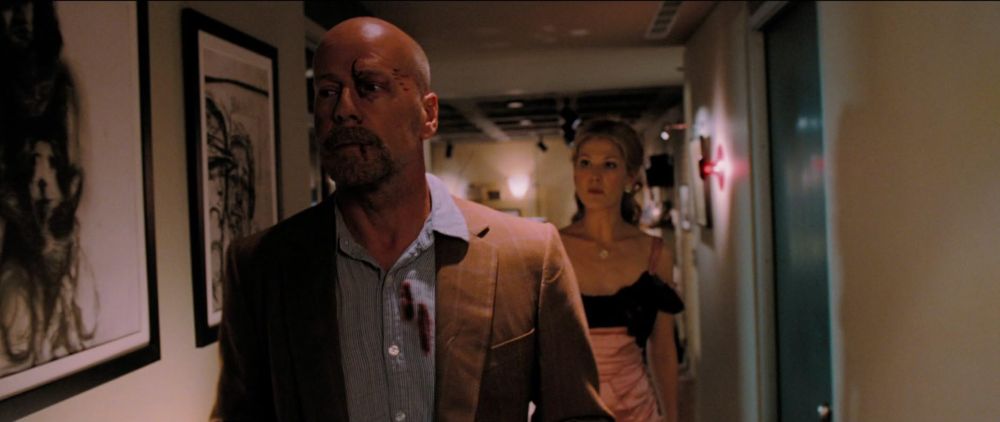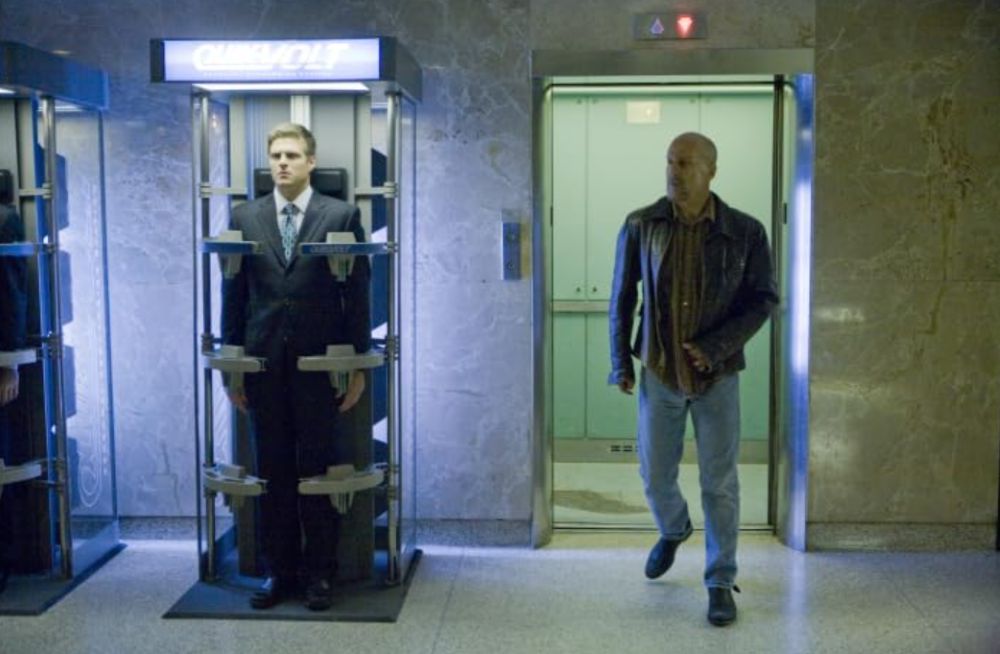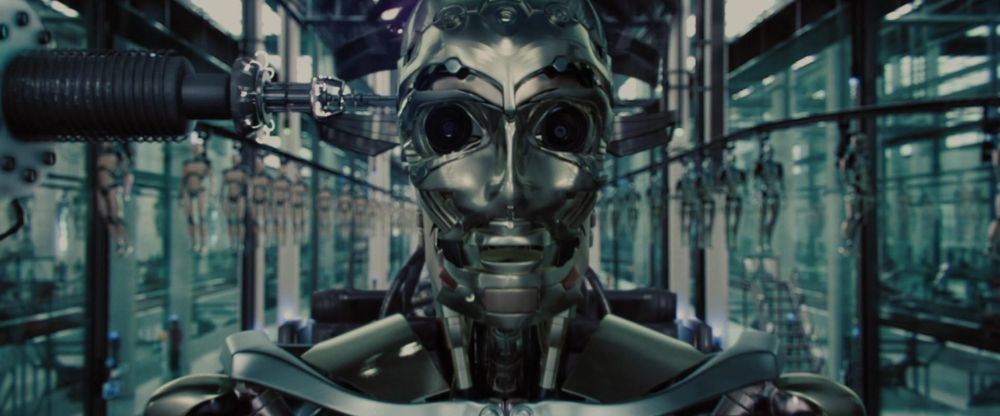Let’s remember one of the greatest modern films by the legendary Bruce Willis. Because, between Die Hard and many of his other hits, he starred in such incredible titles as Surrogates. This a science fiction film based on a comic that made a lot of noise when it was published between 2005 and 2006. As I’m going to tell you, it’s a great movie.
What’s it about?
A not-too-distant future: the year 2017, humans live isolated in the comfort of their homes, barely leaving them and increasingly secluded with the help of surrogates. These are robotic bodies controlled remotely by people themselves, who use them to feel completely safe in their homes. With a substitute, which you can give the look you want (your best version of yourself, when you were still handsome and had hair, in the case of Bruce Willis’s character), you can go to work without leaving home and withstand accidents, murder attempts and anything else we can think of. They are an invention that has practically managed to eliminate crime, fear, and human suffering.

The protagonist is FBI agent Tom Greer, who, like the rest of the world, has his own stand-in to perform a job that’s riskier than most people’s. The mission he’s assigned at the beginning of the film isn’t easy: to investigate the first murder in years, which, curiously, is the son of the man who invented the stand-ins. Shortly after beginning the investigation, Greer discovers that there is a powerful weapon capable of destroying the stand-ins and killing their controller at the same time. A tool that, in the wrong hands, could mean the elimination of virtually all of humanity.
And perhaps there’s someone interested in it: The Prophet, the leader of the people who oppose the stand-ins and live isolated in communes and robot-free territories. Greer will have to navigate between the two worlds and put together the pieces of a puzzle in which humanity has much to say.
The Movie
The truth is, I imagined Surrogates to be more empty and lacking in message, but the story by Robert Venditti and screenwriter John Brancato pleasantly surprised me. Not only does it pose an interesting moral question (would we be willing to lose our humanity for the comfort and security that surrogates provide?), but the film’s development is exciting and has enough intrigue to surprise you on more than one occasion. The subject matter is rich, and although the ending doesn’t leave things entirely clear, it’s less complacent than usual in Hollywood and reinforces the positive image of Willis’s character that we had formed throughout the story. Ultimately, it’s not only a critique of society, but also a warning about what could happen in the coming years and a great entertainment, all at the same time.
The Cast
Although it would be normal to start by talking about Bruce Willis, let’s change the scene and discuss the work of the director: Jonathan Mostow. This American filmmaker was on the rocks for a few years after the criticism he received for the third Terminator installment (2003), but with Surrogates he managed to pick himself up from the slump and prove he still has a lot of work left in him. With Surrogates, he offers us a direction that knows how to combine the use of special effects (just the right amount, without going all out with silly explosions) and the development of a very well-crafted story.

The cast also lives up to expectations, although Willis overshadows all the actors, barely allowing them to stand out. The two women in the protagonist’s life: his wife (Rosamund Pike) and his partner (Radha Mitchell) give good performances, but always remain in the background. The same goes for the other two big names in the cast: James Cromwell and Ving Rhames, the former in the role he always plays, and the latter with a huge beard that barely allows us to recognize him. They fulfill the requirements, but the prize goes to Willis, who manages to give us a superb double performance: rigid and serene in his surrogate role, and desperate and human in his real body. If we have to choose between the two, it’s clear: we prefer him without hair and with bruises.
Conclusion
Good science fiction, not as far from reality as that presented in other films, and more viable than we might imagine. Many advances have already been made in the technology of remote control of tools through the brain (computers, for example), so surrogates don’t seem so impossible to us. If this happens, we’ll have to rethink many things and take a look at this work in which Willis’s character teaches us a lot about what it means to be human.










